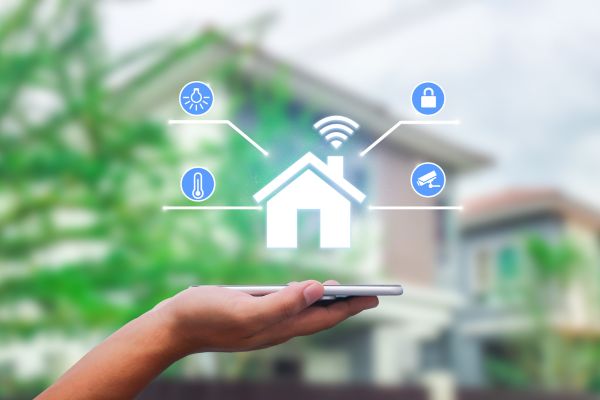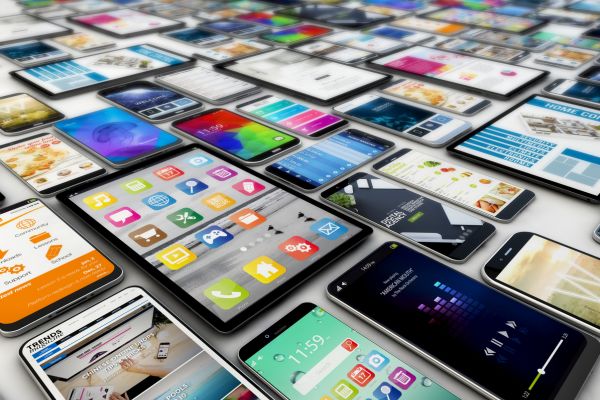In our increasingly connected world the synergy between information technology and communications has changed the way that individuals as well as businesses and communities function. This powerful combination acts as the foundation of innovation, driving improvements in healthcare, education and business as well as beyond. From the ability to facilitate seamless global collaboration, to changing the way information is exchanged Information technology and communications (ITC) remain to influence the current world.
The Role of Information Technology in Communication
Information technology plays an integral part in improving communication through offering platforms and tools that enable rapid and efficient communication. The days of the use of telegrams and letters was the main means of communication. Today, electronic mail video conferencing, emails and messaging apps allow individuals to communicate across vast distances in just a few minutes.
The age of digital has brought an array of technology that are designed to fill gaps and open up opportunities. Social platforms, for instance has revolutionized the way companies interact with their customers. Cloud computing also lets teams collaborate on projects in real time regardless of distance. Cloud computing wouldn’t be a reality without the advances in IT that support their growth and development as well as their functionality.
The Evolution of Communication in the Digital Era
The development of communication over the last several years has revealed the immense effect of ITC. Traditional methods of communication like television and radio are being complemented, and sometimes replaced by digital platforms that can provide immersive and interactive experiences. Podcasts, streaming services as well as news websites show how technology has altered the methods that people use and communicate information.
Furthermore the increase in smartphones has put the power of communications directly to the users’ fingertips. These devices, backed by strong IT infrastructures, enable users to have access to a variety of tools for communication, ranging including voice calls and video chats. This advancement demonstrates that seamless integration between technology and communication into everyday lives, which makes it more convenient to be more connected than ever before.
Transforming Industries Through ITC
The impact of ITC extends beyond personal communications. Industries around the world rely on this technology to streamline processes, increase efficiency and promote the development of new technologies. For example, in healthcare the telemedicine platform allows doctors to see patients via the internet, removing barriers in accessing. Similar to educational institutions, they use digital tools to provide online courses that ensure students can study from any location.
In the world of business, ITC has reshaped how companies conduct business as well as interact with customers. The Customer Relationship Management (CRM) software which is powered by IT, allows companies to monitor and analyze customer interactions in order to create customized experiences. In addition, messaging platforms such as Slack or Microsoft Teams facilitate internal collaboration and help teams stay active and connected.
The Challenges and Opportunities of ITC
Although the benefits of technology and communication can be argued for, this rapidly changing field is also a challenge. Security risks, cyber-disconnects and privacy issues highlight the necessity of responsible and inclusive methods. Organizations and governments must cooperate to solve these challenges and ensure that technology advances benefit all people.
In the same way, ITC offers opportunities for growth and innovation. New technologies like artificial intelligence (AI) as well as the Internet of Things (IoT) and 5G networks are expected to transform communication further. These advancements are likely to lead to smarter cities, increase remote work capabilities, and accelerate forward in various industries.
The Future of Information Technology & Communication
Looking to the future, it is clear that communication and information technology will be integral to human advancement. The constant development of technology such as the virtual world (VR) and AR, or augmented reality (AR) could alter the ways people interact and interact. Additionally, the increased emphasis on green and sustainable technology could lead to innovations that will reduce impacts on the environment of ITC.
The ultimate goal is to make sure that these innovations ensure accessibility and inclusivity. Through harnessing the capabilities of ITC with a sense of responsibility, we will be able to create a future where information and communications are truly universal.
Conclusion
Communication and technology in the field of information are essential to the modern world. From connecting people around the globe to changing industries their impact is wide-ranging and vast. However, the difficulties which come with these innovations highlight the importance of a thoughtful as well as ethically-based implementation. While ITC continues to develop it is able to fulfill its promise of bridging the gap, encouraging innovations, and propelling humanity towards more equitable and connected future.



